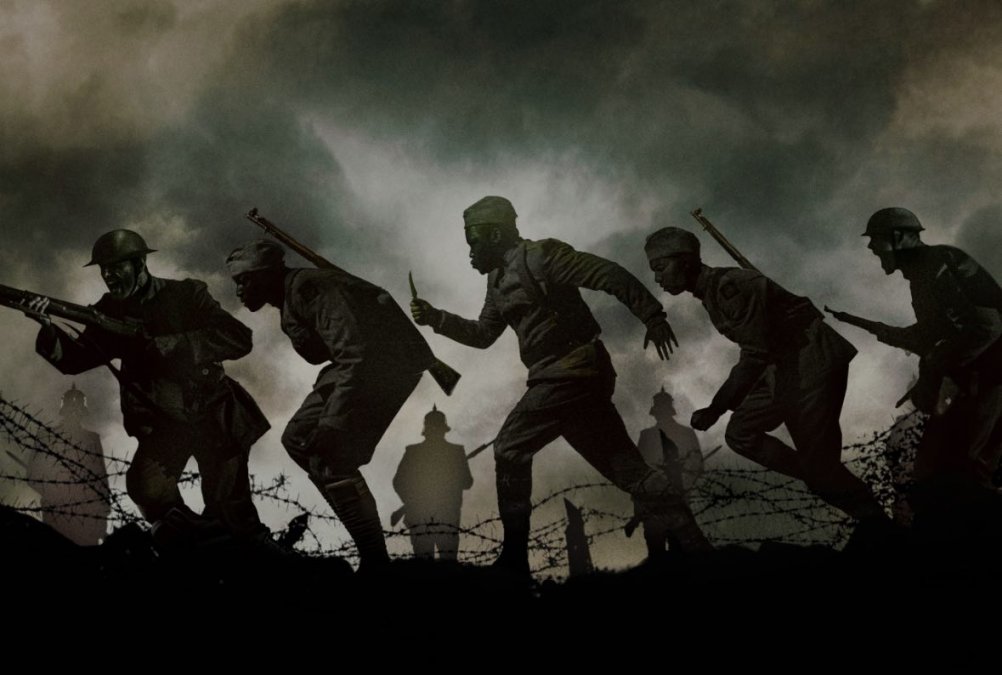No to a War of Attrition
No to a war of attrition, as the end of every war, regardless of its scale, is peace and reconciliation.
Historical experiences have shown that the successful side in military operations is not always the one that achieves victory.
At least two contemporary examples are Japan and Germany, which lost in World War II, but today they can actually be considered the real victors of the Second World War.
Meanwhile, the Soviet Union, one of the two main victorious forces of the World War, no longer even exists and has become a part of history.
Therefore, today those who try to drag Iran into a cycle of military attrition by any means must answer the question of what the purpose of such a plan is. Even if, against all odds, Iran could overcome its fully prepared and dominant rivals, what significant achievement would it ultimately have?
Iran’s strategy throughout history has been to counter colonial greed and defend against aggression towards the dignity, honor, and territorial integrity of Iran. This strategy is inviolable and unchangeable.
However, the ultimate goal of defending Iran’s security, territorial integrity, and independence is to create the necessary and sufficient space, foundation, and capacity for the country’s development and progress. And certainly, when such a goal exists, what ultimately guarantees it is peace and tranquility, not war and conflict.
In the current situation, Israel is attempting to change Iran’s defensive approach and strategy into a kind of military attrition conflict.
Such a strategy is a completely aligned goal with the interests and benefits of Netanyahu’s country because
1. A war of attrition with Iran repairs the country’s internal disorder and paves the way for attracting and injecting military and political support. 2. It provides an appropriate cover for the internal political crises and challenges in Tel Aviv. 3. It reduces global public attention and pressure regarding Israel’s actions in Gaza and Lebanon.
However, this war of attrition will have opposite results for Iran: 1. It will reduce Iran’s financial and economic capabilities. 2. It will change Iran’s political image from a country that has always had a defensive stance and sought peace for the world and defended the oppressed, to an aggressive force. 3. It will lead to internal division, dissatisfaction, and crisis. Undoubtedly, the approach that can align with national interests is one where Iran, as in the past, can protect its defensive strategy. The wise and principled statements of the leader of the Islamic Republic, made after Israel’s attack on several Iranian military facilities and bases, show that contrary to the expectations of the planners of a dangerous war of attrition, the leadership of the Islamic Republic seeks to maintain the principled defense strategy and avoid falling into a war of attrition.
In the words of Ayatollah Khamenei, there is an important element that is very significant, which is entrusting decision-making to experts and officials based on national interests and benefits. Signs of this rational and correct stance can be clearly seen in the active diplomacy of the government, in such a way that many countries around the world and the region have been compelled to condemn Israel’s violation of Iran’s territorial sovereignty and criticize Netanyahu’s warmongering.
Without a doubt, Iran will respond appropriately to any aggression with all its capabilities, and this is the national and public desire. However, this response should not be merely seen as launching missiles and beating the drums of war.
Today, Iran needs national solidarity, public satisfaction, global cooperation, and most importantly, the extinguishment of the war of attrition.
Peace and tranquility, just as they are a deadly poison and reveal the political and power-seeking intentions of Netanyahu’s government, are an opportunity for Iran to demonstrate its interest in lasting peace.
The ignorant temptations of some war profiteers and sanctions and the provocations of Israel should not lead to the kindling of a war that benefits Israel and leaves us with a legacy of loss.

